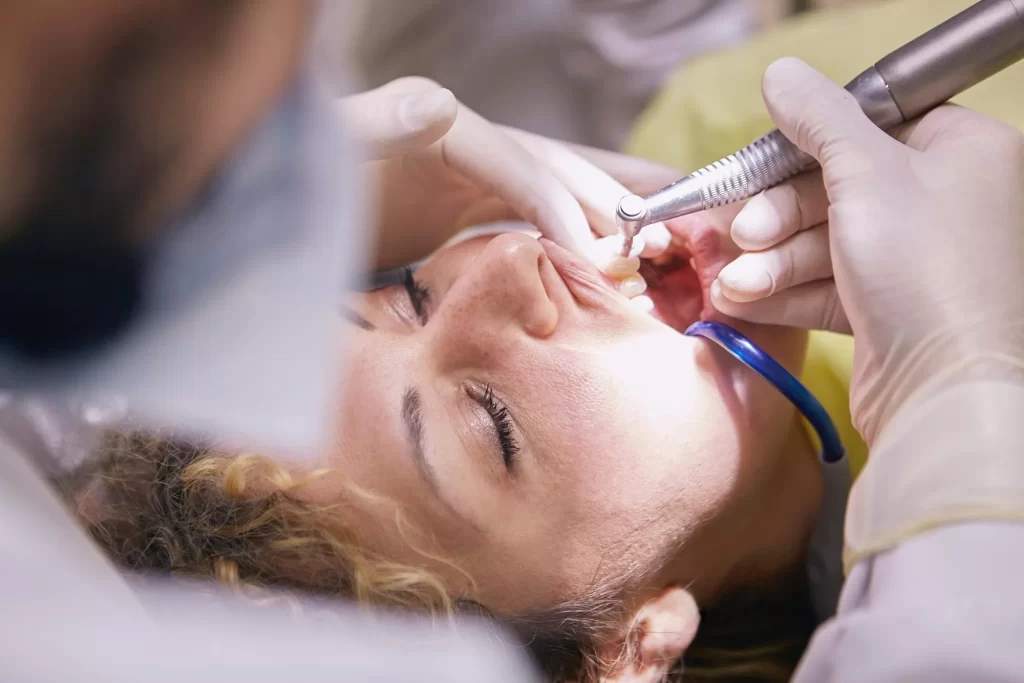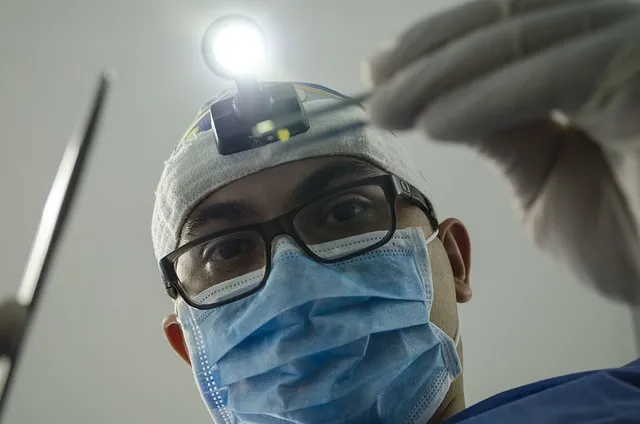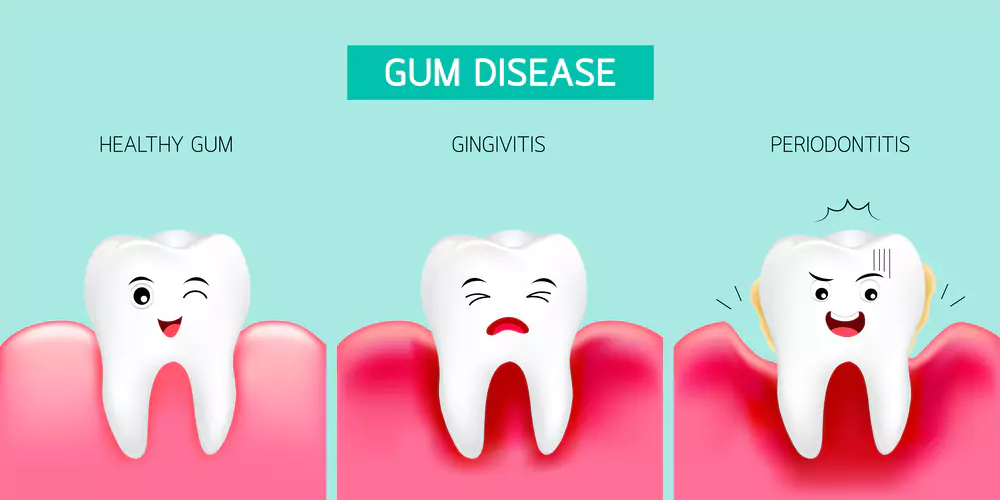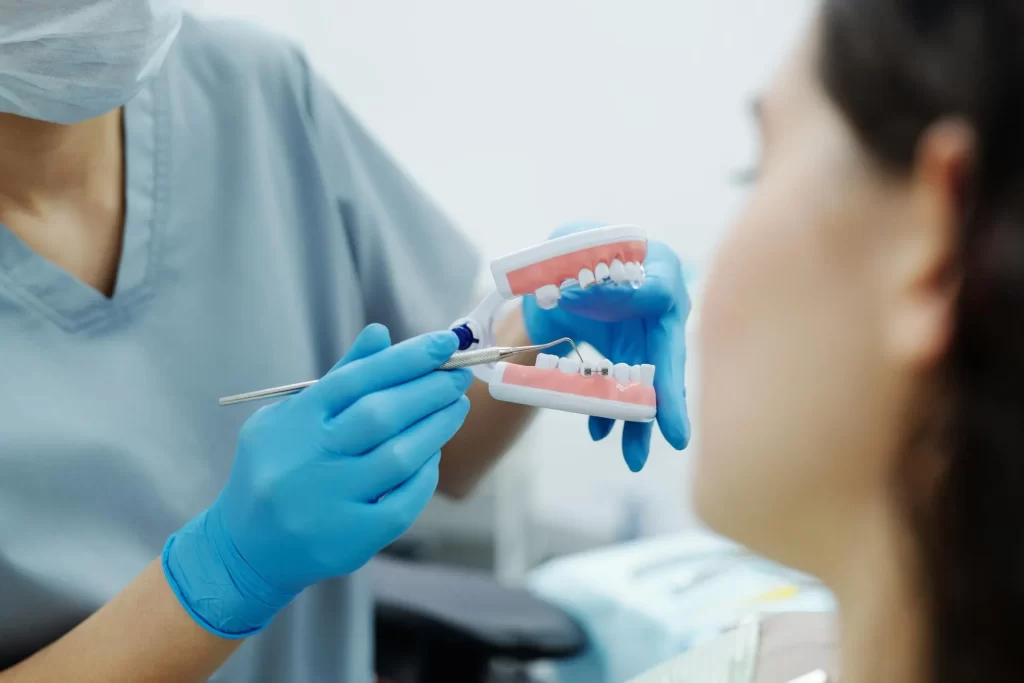
If you’re someone who avoids going to the dentist, you’re definitely not alone. We get it – sitting in a dentist’s chair can be intimidating, and it’s not exactly the most fun way to spend your time. However, did you know that dental appointments are crucial for maintaining good oral health? But how long does a dentist appointment take?
The length of a dental appointment can vary depending on the type of appointment and the procedures that need to be done. The average time a dental appointment lasts is 40 to 60 minutes. Allowing for an hour is a good general guideline to ensure that you have enough time for various tasks or activities.
However, the specific amount of time needed can vary depending on the nature of the task or activity. Some tasks may require less time, while others might require more. It’s always a good idea to assess the specific requirements of the task or activity and allocate an appropriate amount of time accordingly.
How Long Does A Dentist Appointment Take
Let’s discover the typical length of each appointment and helpful tips for preparing.

Routine Dental Checkup & Cleaning
A routine dental exam and cleaning typically takes about 45 minutes to an hour to complete, although this can vary depending on the individual needs of the patient. Here are the steps typically included in a routine dental exam and cleaning:
- Medical history review: The dental hygienist or dentist will review your medical history to check for any underlying health issues that may affect your dental health.
- X-rays: Your dentist may take X-rays to check for any issues beneath the surface of your teeth and gums.
- Oral examination: Your dentist will perform a thorough examination of your teeth and gums, checking for any signs of decay, gum disease, or other dental issues.
- Cleaning: The dental hygienist will use special tools to remove any plaque or tartar buildup on your teeth. They will also polish your teeth to remove any surface stains.
- Flossing: The dental hygienist will floss your teeth to remove any remaining debris and ensure that your gums are healthy.
- Fluoride treatment: Your dentist may apply a fluoride treatment to your teeth to help prevent cavities and strengthen your tooth enamel.
- Oral hygiene instruction: Your dentist or dental hygienist will provide advice on proper oral hygiene, including brushing and flossing techniques, and recommend products like toothpaste and mouthwash that can help keep your mouth healthy.
Additional steps may be included in a routine dental exam and cleaning depending on the unique needs of each individual patient. For example, if a patient has gum disease, their dentist may recommend additional steps such as a deep cleaning or periodontal therapy.

Restorative Dentistry
Restorative dentistry is a branch of dentistry that focuses on repairing or replacing damaged or missing teeth. There are several types of restorative dentistry procedures, each with their own unique benefits and time requirements. Here are some common types of restorative dentistry and their typical time requirements:
- Fillings: Fillings are used to repair teeth that have been damaged by decay. The procedure typically takes 30 to 60 minutes, depending on the size and location of the cavity.
- Crowns: Crowns are used to cover and protect damaged or weakened teeth. The procedure typically takes 1 to 2 hours, and may require multiple appointments.
- Bridges: Bridges are used to replace one or more missing teeth. The procedure typically takes 1 to 2 hours, and may require multiple appointments.
- Dentures: Dentures are used to replace multiple missing teeth. The procedure typically takes several appointments over the course of several weeks.
- Dental implants: Dental implants are used to replace missing teeth by surgically placing a metal post into the jawbone and attaching a prosthetic tooth. The procedure typically takes several appointments over the course of several months.
It’s important to note that the time required for restorative dentistry procedures can vary depending on the unique needs of each individual patient. Your dentist will provide you with a personalized treatment plan and timeline that takes into account your specific dental health needs.

Oral Surgeries
Oral surgery is a branch of dentistry that involves surgical procedures to treat a range of dental issues. There are several types of oral surgery procedures, each with their own unique benefits and time requirements. Here are some common types of oral surgery and their typical time requirements:
- Tooth extraction: Tooth extraction is a common oral surgery procedure used to remove a damaged or decayed tooth. The procedure typically takes 20-40 minutes, although it may take longer if the tooth is impacted or requires complex extraction techniques.
- Wisdom teeth removal: Wisdom teeth removal is a type of tooth extraction used to remove the third molars located at the back of the mouth. The procedure typically takes 45-90 minutes, depending on the complexity of the extraction.
- Dental implant surgery: Dental implant surgery is a procedure used to replace missing teeth by surgically placing a metal post into the jawbone and attaching a prosthetic tooth. The procedure typically takes several appointments over the course of several months.
- Jaw surgery: Jaw surgery is a type of oral surgery used to correct jaw alignment issues, such as an overbite or underbite. The procedure typically takes several hours and may require a hospital stay.
- Biopsy: A biopsy is a procedure used to remove a small sample of tissue from the mouth for testing. The procedure typically takes 30-60 minutes, depending on the location and size of the tissue sample.
- Root canal treatment: Root canal treatment is a procedure used to treat a damaged or infected tooth by removing the infected pulp and cleaning and sealing the tooth. The procedure typically takes 1-2 hours, depending on the complexity of the case and the number of canals that need to be treated.
Your dentist or oral surgeon will provide you with a personalized treatment plan and timeline that takes into account your specific dental health needs.

FAQs
Conclusion
It’s important to note that the time required for each procedure can vary depending on the unique needs of each individual patient, and that your dentist or oral surgeon will provide you with a personalized treatment plan and timeline that takes into account your specific dental health needs. By working with your dental healthcare team and following their recommendations, you can help maintain good oral health and keep your smile looking its best.

